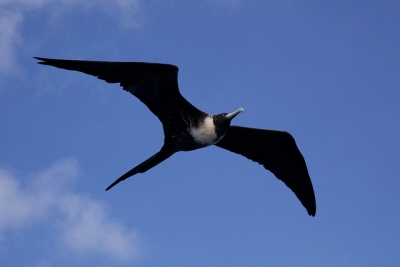
Birds such as swifts, songbirds, seabirds, and sandpipers also sleep unihemispherically, with half of their brain shut. This helps them during long flights.
Keeping one half of the brain at rest, called unihemispheric slow-wave sleep, is in direct contrast to the typical situation where sleep and wakefulness are mutually exclusive states of the whole brain, the scientists say. “We have found that birds can detect approaching predators during unihemispheric slow-wave sleep, and that they can increase the use of unihemispheric sleep as the risk of predation increases,” they report.
The scientists studied groups of mallard ducks while they rested side by side and found that those at the edge of the group were significantly more likely to keep one eye open, with the closed eye being on the side of its nearest neighbour.
“We have found that birds sleeping under risky situations spend more time with one eye open and half the brain awake, and choose to direct the open eye towards a perceived threat,” added Dr Rattenborg.
Picture Credit : Google

